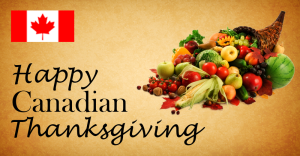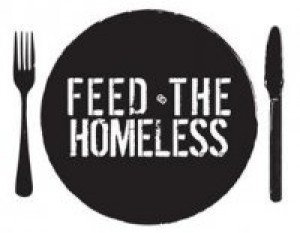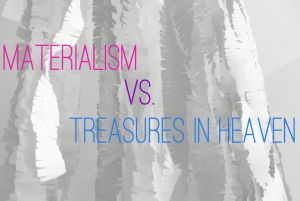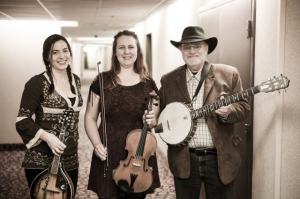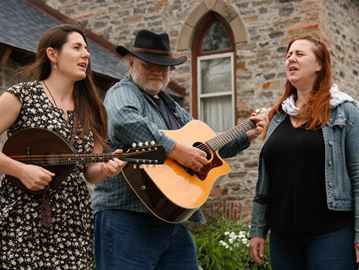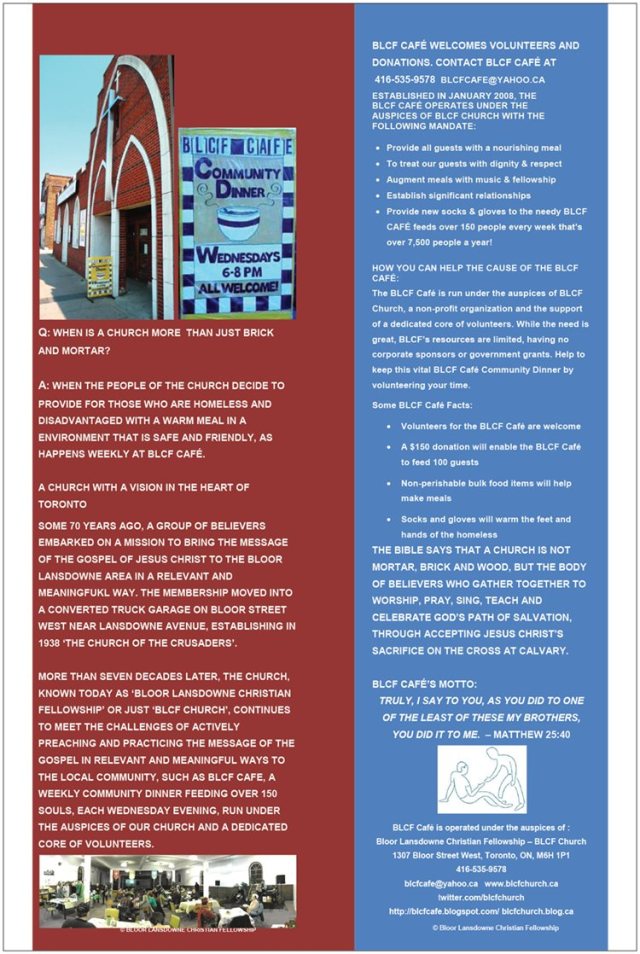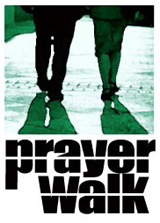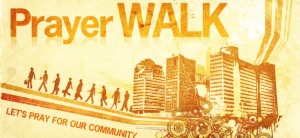Transformed by the Touch of a Homeless Man - A True Story by Kent Holland
I had just sat down in the Philadelphia 30th Street Station and tucked myself comfortably behind a newspaper to await my train to Washington, D.C., when, to my dismay, I saw a homeless man walking up to me. His approach was slow and deliberate. He stood before me, waiting for me to make eye contact. When I finally looked up to acknowledge him, I was discomforted by this man, probably in his mid-forties, with dirt and grease on his hands and unkempt clothing.
What struck me most about him, though, were his indescribable eyes, eyes that seemed to know me, that seemed to penetrate right through me; that appeared be full of love, compassion and sorrow. Being a rational, unemotional lawyer, I tried quickly to put those thoughts out of my mind. I thought I must be imagining things.
We looked at each other in silence for a moment and then he asked, “Sir, may I speak with you?”
My first thought was, “Oh no, here we go again, another bum begging for a handout.” I had never appreciated the plight of the needy. They made me uncomfortable and perhaps a bit afraid. I felt they should stop bothering people, and go out and get a job like everyone else. I had apparently never learned (or perhaps I had forgotten) the Scripture that tells us: “If anyone has material possessions and sees his brother in need but has no pity on him, how can the love of God be in him? Dear children let us not love with words or tongue but with actions and in truth.” 1 John 3:17-18.
I wasn’t inclined to give this man any attention, and I certainly didn’t want to give him any money. But he hadn’t asked for money. He asked only: “May I speak with you?” What kind of a question was that? As I pondered him and his question, his incredible eyes gripped me. Finally, I couldn’t remain seated any longer. I stood up to face him.
“Will you feed me?” he asked.
I wasn’t prepared for that question. As he continued to speak, his language seemed peculiarly articulate, and his words became increasingly strange and disquieting. He spoke like a well-educated and intelligent man, not at all like what I would have expected based on my image of him.
All around me, finely dressed men and women hurried off to dinners, shows, and business meetings. Others, like myself, looked forward to getting home to their families. Many milled about in the cathedral-like structure, with its spacious halls and its magnificent columns rising to meet beautifully carved and painted ceilings high above. Others slept. Some chatted with colleagues or friends. Others sat idly, lost in thought, daydreams or fantasies.
I wondered why he had so intentionally picked me out of this mass of people. So, I asked him, “With all these people sitting around daydreaming, why did you choose me? Why did you pick me from behind a newspaper?”
“Because,” he answered, “you look like a gentlemen with whom I should speak.” Those were his actual words.
This homeless man actually used better grammar than I normally do. He sounded like an English teacher and I wondered, “What’s going on here?”
Even stranger than his speech was the fact that instead of asking for money, he said his purpose in approaching me was that he thought he “should speak” with me. Now, this got my interest. What could he possibly have to say to me? In my cynical heart, I was disdainful and critical of this man. He looked like he was perfectly capable of working for a living, but had chosen to live the life of a bum instead. I just came right out and challenged him, saying,
“You’re obviously a well-educated man. You speak better than I do. Why aren’t you working instead of being on the street?”
“I’m glad you asked that,” he replied. “I hoped that you would permit me to share something with you. I’m a pharmacist by training. For twenty years I was employed as the pharmacist at a hospital right here in town. Life was good. I had a wife and two children. I had a nice house. I thought I had it all. Yes, life was good; until the day I received a phone call at the pharmacy telling me that my house had burned down and my wife and children had perished in the flames.”
Perhaps his story would have made me suspicious since it had obvious potential as a good come-on for a beggar to use. But truth was in his teary eyes. Even the genuine sadness in the matter-of-fact way he told his story made it impossible for me to doubt its truth. He went on to explain his situation.
“After losing my family, I could no longer think clearly. I couldn’t concentrate well enough to make a prescription. But even if I could, I no longer had any desire for my job since I had lost my whole reason for living. Everything I lived for was gone. I’ve been on the streets ever since, talking to men like you who need to know. I share with them, and eat with them, but I never ask for money. It’s been a long time since I’ve eaten, and I’m very hungry, will you feed me?”
Looking back on the scene now, I’m embarrassed to say that by this point in the conversation I was still clueless about what was happening here. My insensitive and foolish response was to offer a couple dollars so he could buy something. He looked at me with kind eyes and gently declined my offer of money.
Once again, he asked: “Will you please feed me?”
Did he mean this literally and, if so, what did he expect me to do? I asked if I could buy him a burger and fries at the McDonald’s located in the station. But this was not what he had in mind. Instead, he asked me to join him for lunch at the small atrium-like cafe located in what might be described as a chapel hall just off the main cathedral of the station.
At this point, I didn’t know what to say. What could I say to this increasingly mysterious man who had picked me out a crowd and then confidently directed me to the specific café where he expected me to join him for lunch?
I had a train to catch but, as I considered the homeless man, my heart was strangely moved. What began as a passing thought that perhaps I might as well sit down with this man for a few minutes became a compelling desire to do just that. The train could wait. There would be another one later. Talking with this man had become the single most important thing I could do at that moment, even though I didn’t understand why.
We went over to the cafe and ordered a good meal. We sat together and talked for quite a while. Our conversation touched on issues that I wouldn’t normally discuss with an acquaintance of many years. He asked me questions about myself and what I was doing with my life. Perhaps my guilty conscience made me imagine things, but it seemed that he knew things about me that I didn’t want him to know. I felt like he could see the immorality that was ruling my life, and that I was well on the way to destroying my marriage and family. Without actually saying so, he seemed to know that I was living for my own self-gratification, driven by the desire for prestige, power, and enough money to gain financial independence. My life style could be described by the motto: “I want it all, and I want it now!” One of my friends even printed that saying on a large button and fastened it to the lampshade in my law office.
Finishing our meal, I rose to leave. He turned to me then and asked: “Will you make me a promise?” I must have given him a surprised and bewildered look. He held my eyes with his as he said, “Think about this. The next time you see someone who is poor, needy or homeless, remember me! I once had everything you have now. I had a wife, two children, a good job and a home. I lost them all in an instant. The difference between you and me is so small. You could lose everything as quickly as I lost it. Remember me. And remember that all you have is by the grace of God.”
When he spoke of the grace of God I thought of how often I had heard preachers, parents and teachers speak similar words. They had always seemed so trite. Coming from this man, however, I was awestruck by the simplicity and truth of this statement. In that moment, I experienced an odd sensation. I felt that his words had hit hard right where I needed to be hit. Even as I stood there, I found myself thinking that this man got to me like no preacher or teacher ever managed to do. I had often quoted the scripture saying “It is by grace you are saved, through faith … it is the gift of God – not by works, so that no one can boast. (Eph. 2:8-9).
But I had forgotten the very next verse which states that we are created by God to do good works (vs.10).
Then there is the Scripture in the New Testament book that says: “Suppose a brother or sister is without clothes and daily food. If one of you says to him, ‘Go, I wish you well, keep warm and well fed,’ but does nothing about his physical needs, what good is it? In the same way, faith by itself, if it is not accompanied by action, is dead” (James 2:15-16).
I can tell you that as I stood before the homeless man my eyes were opened to the fact that my own faith was bogus. It wasn’t real. It was mere words. It wasn’t backed up with action. My faith was dead.
The homeless man wasn’t even done with me yet. Looking steadily into my eyes, he asked: “The next time you see a homeless person or a someone in need, will you feed them, will you care for them, will you clothe them, will you meet their need? Don’t give them money. That isn’t what they need. They need you. Will you give them of yourself? Will you love them?”
This final question stunned me.
An uncomfortably long moment passed while I thought about it. Quietly, almost reverentially, I replied, “I will.” His eyes gleamed as he smiled and wished me well. As I boarded the next train for Washington, the impact of what had happened to me in Philadelphia and how it was going to fundamentally change my life had not yet dawned on me. This homeless man had ministered to me in a powerful and moving way. A day has rarely gone by since then that I have not remembered him with his incredible, loving eyes, peering into me. I often wonder about him and whether he could have led me to such a change without this being a divine appointment. As a new love and compassion seemed to well up inside of me from depths previously unknown, I realized that when I said “yes” to the homeless man, I had said yes to God.
As the days and weeks passed after that, I found myself practically walking on air with a deep sense of peace and joy. I began talking to people and taking an interest in people that I previously would have crossed the street to avoid. While traveling in other cities since then, I have found myself asking homeless men to join me for dinner, buying bus and train tickets for men who claim they need to get home, and spending time listening to them and talking with them. That might seem like odd behavior for even a man much more spiritual than I. It was certainly extraordinary behavior for me.
Having no rational, reasonable explanation for my transformation, I concluded that I had experienced a spiritual encounter of a most dramatic kind. In my search for the source of this new experience, I bought a copy of an easy to read version of the Bible, The New International Version (“NIV”). One of the first passages to catch my attention was in the first book of the New Testament, at Matthew, chapter 25, which describes a scene when people will be brought before the “heavenly throne.” Two large groups of people are standing before the King. One group He blesses and the other He rejects.
To those He blesses He says: “For I was hungry and you gave me something to eat, I was thirsty and you gave me something to drink, I was a stranger and you invited me in, I needed clothes and you clothed me, I was sick and you looked after me, I was in prison and you came to visit me.” To the surprise of the good people who say that they don’t know when they did any of these things for the King, He will respond: “Whatever you did for one of the least of these brothers of mine, you did for me.” And for a final irony, he turns to all those people standing at his other side and tells them they are cursed and must depart his company because they didn’t care for Him when He was in need.
The startled outcry of these people is that they attended religious services and were good and decent folks, and surely there must be some sort of mistake because they never saw the King hungry or thirsty, or a stranger or needing clothes, or otherwise needing help. But the King responds, “whatever you did not do for one of the least of these, you did not do for me.”
As I think about all the homeless and needy people I have ignored and passed by, while secure in my belief that I was acceptable to God because I put my faith in Him and attempted to live a good life, my heart aches with the knowledge that by ignoring these people who needed me, I have ignored and rejected God.
Much of organized religion today makes a great show of pomp and ceremony but seems to be lost in empty words, lacking any godly purpose or mission. In the Old Testament book of Isaiah, God tells the people “Stop bringing meaningless offerings. Your incense is detestable to me. . . When you spread out your hands in prayer, I will hide my eyes from you; even if you offer many prayers I will not listen.” (Isaiah 1:13). This is rather dramatic. In fact, it’s how I felt in my own life. Just as he wasn’t listening to their prayers, He wasn’t responding to my prayers either. Why? God rejected their empty worship, and told them the kind of religion he wants to see. He says: “Defend the cause of the fatherless, plead the case of the widow (Is. 1: 17). So what is the Religion that God accepts?
“Religion that God our Father accepts as pure and faultless is this: to look after orphans and widows in their distress….” James 1:27.
The Bible states that we are to live by the Spirit of God and bear the fruit of the Spirit, including “love, joy, peace, patience, kindness, goodness, faithfulness, gentleness and self-control” (Galatians 5:22-23). If we take this seriously and ask ourselves whether we are genuinely experiencing and bearing these “fruit,” I believe we will see that each of us needs to accept the homeless man’s challenge, to make the decision from the depths of our being, to say yes to those in need, and to give consistently of ourselves (a listening ear, a helpful hand, and a compassionate heart). This includes sharing ourselves and God’s compassionate love with not only those who have physical needs but also with those who have spiritual and emotional needs — not only those who are strangers to us, but those who are our colleagues at work, family members, club members, and neighbors. This radical personal transformation of bearing fruit, giving of ourselves (not just our money and our words), is the natural result of answering the call of the homeless man, answering the call of God.
When I said yes, my life dramatically changed. An empty chasing of success has been replaced with a life of significance. I still earn my living as a construction lawyer, but where I find true peace, contentment and joy is through the experience of God’s love – especially when I share that love with others in meaningful ways. How about you? Have you heard the call? How are you answering? Are you saying yes?


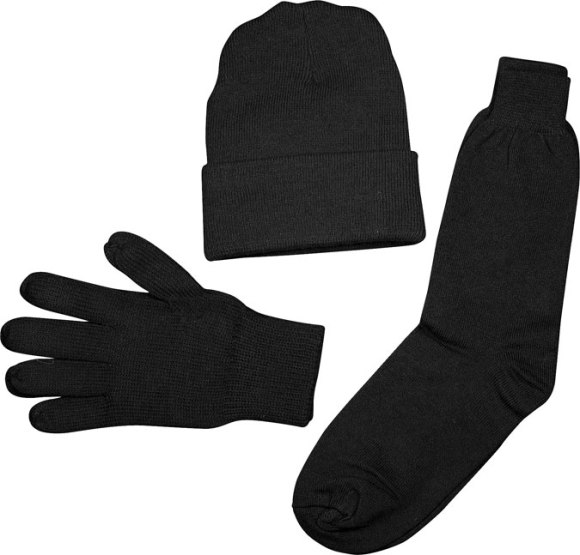








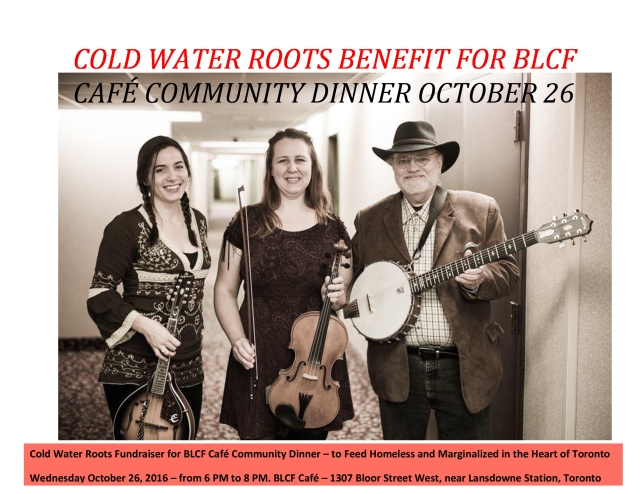


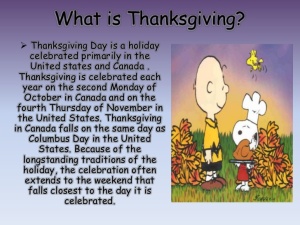
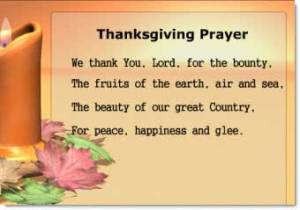
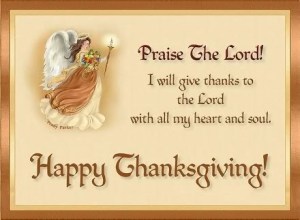
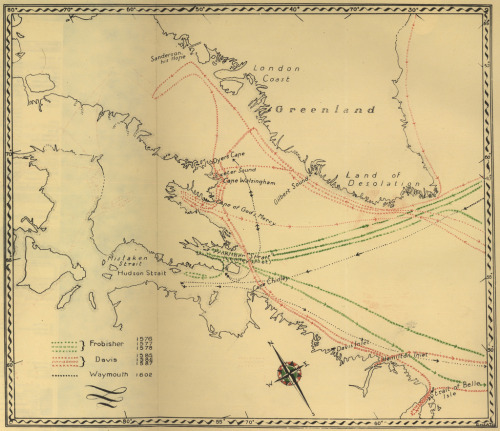
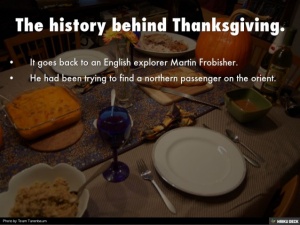
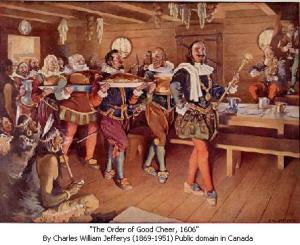
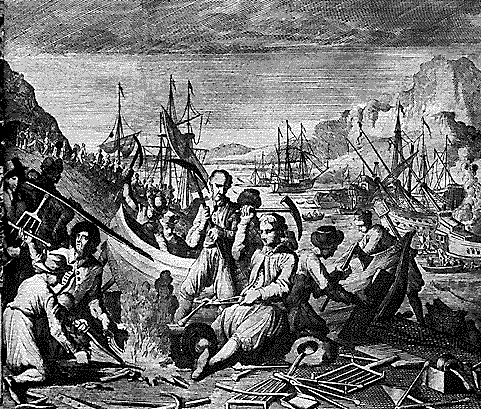
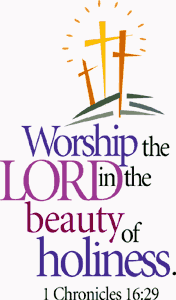
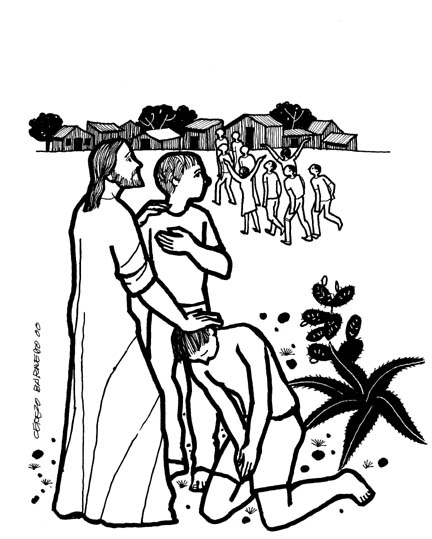
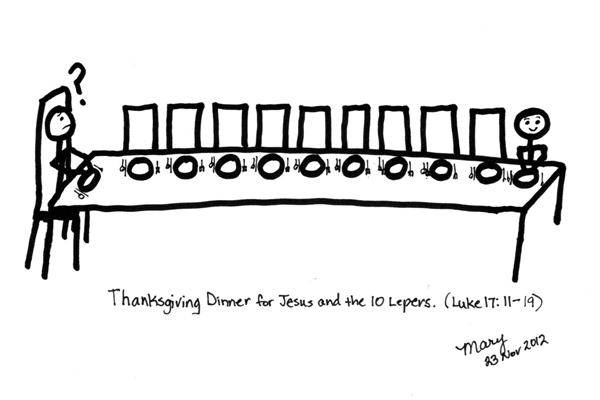
 Thanking Fellow Believers
Thanking Fellow Believers
